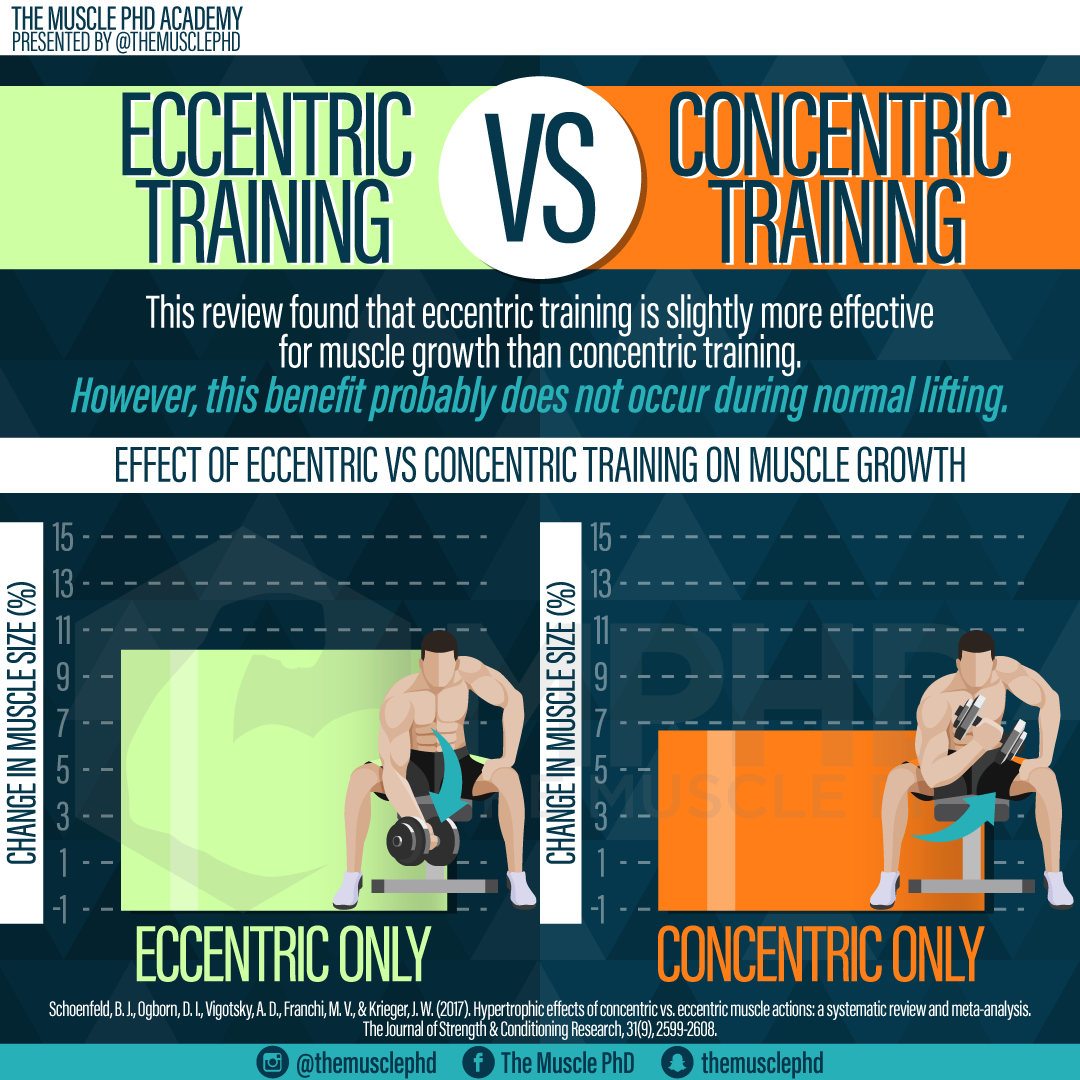
How Low-Carb Diets Can Boost Your Energy Levels and Mental Clarity
The interest in low-carb diets has surged in recent years, taking the health and wellness industry by storm. As the name suggests, a low-carb diet involves reducing carbohydrate intake and increasing the proportion of fats and proteins. Proponents of low-carb eating schemes argue that they benefit weight loss, enhance energy levels, and improve overall health. This article delves into various facets of low-carb diets, their advantages and disadvantages, and how they compare to other dietary approaches.
What is a Low-Carb Diet?
A low-carb diet typically limits carbohydrates — such as those found in grains, starchy vegetables, and fruits — and emphasizes foods high in protein and fat. Popular low-carb diets include the Atkins diet, the ketogenic diet, and the Paleo diet, each with its own unique approach and regulations. For example, the ketogenic diet is extremely low in carbohydrates and focuses on high fat intake to induce ketosis, a natural metabolic state where the body burns fat for fuel rather than carbs.
Benefits of Low-Carb Diets
Low-carb diets have been associated with several potential health benefits:
- Weight Loss: Many studies suggest that low-carb diets can lead to more weight loss compared to low-fat diets. In the initial phase, the weight loss is usually rapid due to a reduction in water weight. As the body enters ketosis, it becomes more efficient at burning stored fat.
- Improved Blood Sugar and Insulin Levels: Low-carb diets are particularly effective for individuals with diabetes or insulin resistance, as they can lead to significant reductions in blood sugar and insulin levels.
- Better Cholesterol and Blood Pressure: Some studies indicate that low-carb diets might improve triglyceride and HDL cholesterol levels more than low-fat diets, potentially reducing heart disease risk factors.
Challenges and Considerations
While low-carb diets have their merits, they also come with some challenges and considerations:
- Nutrient Deficiency: By limiting carbohydrate-rich foods, there’s risk of missing out on vitamins, minerals, and fiber found in whole grains, fruits, and vegetables.
- Adherence and Sustainability: Some may find it difficult to maintain a low-carb diet in the long term due to the restrictive nature of avoiding carbohydrate-rich foods.
- Initial Side Effects: As the body adapts to a low-carb diet, some people experience side effects such as headaches, fatigue, or irritability, commonly referred to as “keto flu.”
Comparing Low-Carb Diets
The most common types of low-carb diets include:
- Atkins Diet: Focuses on high protein and fat with varying phases of carbohydrate restriction.
- Ketogenic Diet: Extremely low carb, high fat, aimed at achieving ketosis.
- Paleo Diet: Focuses on foods presumed to have been eaten by early humans, limiting processed foods and grains.
Choosing the right diet depends on individual preferences, health goals, and lifestyle factors.
How to Start a Low-Carb Diet
Embarking on a low-carb diet requires careful planning to ensure it aligns with your health goals and nutritional needs. Here are some steps to get started:
- Consult a Healthcare Professional: Speak to a doctor or dietitian to ensure a low-carb diet is appropriate for your health circumstances.
- Plan Your Meals: Focus on high-protein foods, healthy fats, and non-starchy vegetables.
- Stock Your Pantry: Remove processed and high-carb foods, replacing them with low-carb alternatives.
- Monitor Your Health: Keep track of your weight, energy levels, and biomarkers to ensure the diet is benefitting you.
Conclusion
Low-carb diets can offer numerous health benefits, particularly for weight loss and improved metabolic health. However, they may not be suitable for everyone due to potential nutrient deficiencies and challenges in dietary adherence. It’s crucial to consult a healthcare provider before making significant dietary changes and to consider whether a low-carb lifestyle aligns with your personal health goals and preferences.
FAQs
- What can you eat on a low-carb diet?
- Foods include proteins (like meat, fish, eggs), non-starchy vegetables, and healthy fats such as avocados and nuts.
- Are low-carb diets safe?
- For most people, low-carb diets are safe and beneficial, but it’s advisable to consult a healthcare professional, especially for those with existing health conditions.
- Can vegetarians follow a low-carb diet?
- Yes, although it may require careful planning to ensure enough protein intake from plant-based sources.
- How quickly can you lose weight on a low-carb diet?
- Weight loss varies, but many people see rapid initial weight loss due to water weight reduction, followed by steady fat loss.
FREE SHIPPING
CLICK HERE!
HOT PROMOTIONS!
For further insights, you may explore some resources and community discussions on platforms like Quora, Menagerie Media, or the Body Piercing Guide. Additionally, consult websites like Steroid.com for more diverse content, and enjoy multimedia sources such as the Hanna Houston Podcast and the CNN YouTube Channel for broader perspectives.
Low-carb diets have gained significant popularity in recent years as a strategy for weight loss and improved health. These diets limit the intake of carbohydrates, which are found in foods such as bread, pasta, and sugary snacks, and emphasize the consumption of protein and fat. The basic premise is that reducing carbohydrate intake forces the body to burn fat for energy, a state known as ketosis. This metabolic shift can lead to rapid weight loss and has made low-carb diets an attractive option for those looking to shed pounds quickly.
One of the most well-known low-carb diets is the ketogenic diet, or keto, which is particularly strict about carbohydrate consumption. Typically, it requires dieters to limit their carb intake to about 5-10% of their total daily calories, focusing instead on high-fat foods like meats, cheeses, and oils. The goal of the ketogenic diet is to induce a state of ketosis, where the body becomes highly efficient at burning fat and produces ketones, which can be used as an alternative energy source to glucose. Many followers of the keto diet report not only weight loss but also improved mental clarity and energy levels.
Beyond keto, there are several variations of low-carb diets, including the Atkins diet, the South Beach diet, and the Paleo diet, each with its own guidelines and benefits. The Atkins diet, for instance, begins with a very low-carb phase and gradually increases carb intake as the dieter approaches their goal weight. The South Beach diet focuses on the glycemic index of foods, promoting carb choices that do not dramatically spike blood sugar levels. The Paleo diet, while not strictly low-carb, limits intake of processed foods and grains, naturally reducing carbohydrate consumption and encouraging a diet similar to that of ancient human ancestors.
Despite their benefits, low-carb diets do come with certain concerns and potential drawbacks. Critics argue that cutting out entire food groups can lead to nutritional deficiencies if not carefully managed. Dieters may miss out on essential nutrients found in fruits, vegetables, and whole grains. Additionally, some individuals may experience side effects such as fatigue, headaches, and constipation, often described collectively as the “keto flu.” Long-term adherence to low-carb diets is another point of debate, as many people find maintaining such dietary restrictions challenging over extended periods.
Nevertheless, for many individuals, low-carb diets provide an effective and sustainable approach to weight management and health improvement. Studies have shown that these diets can lead to significant weight loss, improved blood sugar control, and reductions in risk factors for heart disease. However, as with any dietary change, it is crucial for individuals to consult healthcare professionals before starting a low-carb diet to ensure it aligns with their health needs and goals. Tailoring the diet to personal preferences and nutritional requirements can help mitigate potential issues and make low-carb eating a viable long-term lifestyle choice.
















